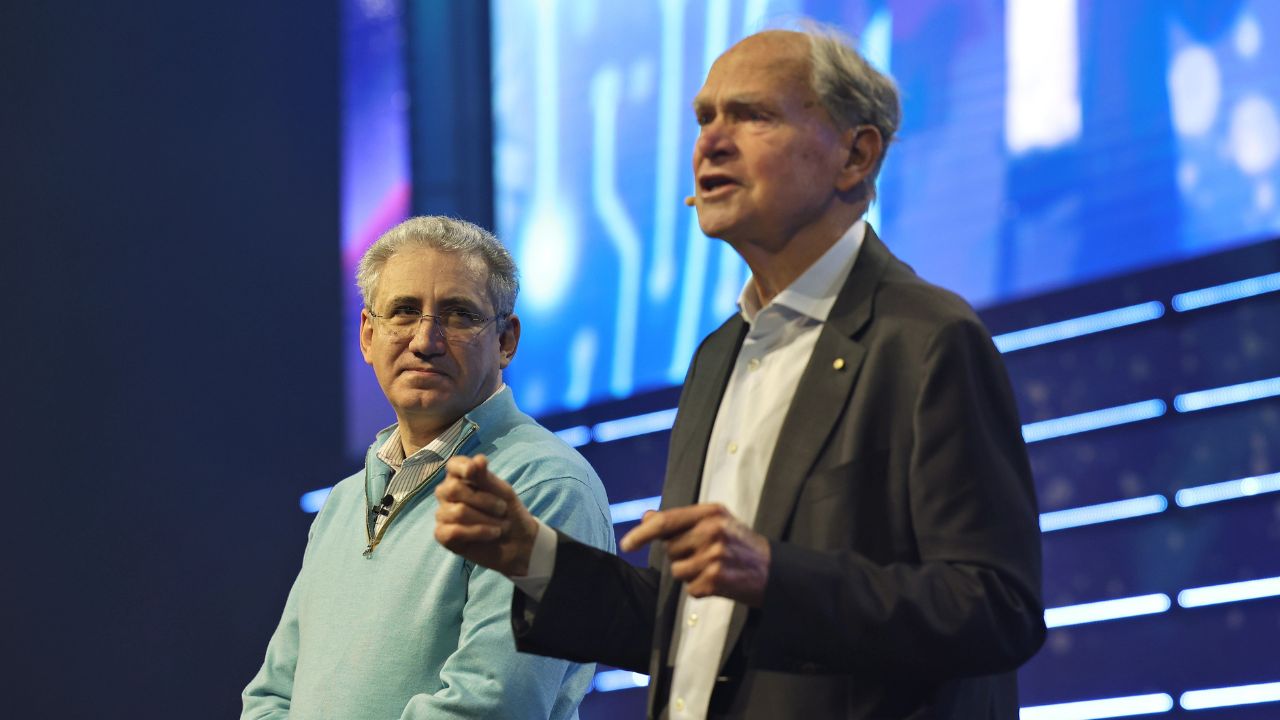At Connect 2025, Harvard Business School’s Professor Boris Groysberg and Ray White Chairman Brian White AO explored the difference between leadership and management, and why mastering both is essential for real estate principals aiming for long-term success.
Professor Groysberg began by highlighting just how rare Ray White’s century-long run is.
“For every company that’s gonna exist, there’s only one company out of 200 that survives for 100 years.
You are a part of a centenary company, and that’s a really, really small group,” he told the audience.
For him, leadership comes down to one key capability: making great decisions. And that’s not as easy as it sounds.
“Jobs always believed if people can make great decisions, Apple will get stuff done,” Mr Groysberg said.
“But the bigger the expert, the more they’re hard-selling… and if you push on them, they’ll sell you on it even more.”
He illustrated his point with a leadership misstep: the failed 1961 Bay of Pigs invasion, authorised by President John F. Kennedy and planned by some of the “best and brightest” advisers in the US.
“Every single sign said it was a bad idea… yet the decision went ahead,” he said.
The reason? Three human tendencies he sees in business as well as politics: narrow framing, escalation of commitment, and self-censoring, which creates what he calls a “shut-up culture.”
By contrast, during the Cuban Missile Crisis 18 months later, President Kennedy led the same group of advisers to a very different outcome – one widely credited with averting nuclear war.
This time, the approach was open, questioning, and deliberate.
“If you remember anything from today, one of the most powerful, under-used techniques is called 1-3-1,” Mr Groysberg explained.
“What’s the problem? What are three potential alternative solutions? And what’s the one you recommend?”
“Until all the assumptions are explored, you haven’t done your job,” he said.
In the Cuban situation, that meant identifying the limits of a military strike and ultimately choosing a blockade.
“Same leader, same team – but this time a true leader who was trying to get the best out of the team.”
Defining Decisions
Brian White’s own leadership story is built on high-stakes decisions. As a teenager, he saw his father refuse a takeover bid from LJ Hooker.
“They made it very clear they were going to come anyway,” Mr White recalled.
“If they did come, would that be the end of our business? My father stood up and said, ‘I’ve decided not to sell. We’ll hang on for as long as we can.’”
Years later, Mr White faced a different kind of threat.
A top-performing franchisee told him they were leaving to join LJ Hooker because they could offer vendors access to ‘southern buyers’ who often paid more for Queensland properties.
“Does this mean my future as being a good business in Queensland is now not possible?” he said.
“When I realised that was the case, I had to find a way to go national.”
That decision took him to the United States to meet with Century 21, ERA and other networks, leading to a new competitive position across Australia.
Through all of it, he said, one constant has underpinned the brand’s performance: “Our belief in marketing, our belief in auctions. We’ve never just gone with the flow.”
For Mr White, leadership is deeply personal. “When you love something, you can be a leader,” he said.
“‘I want to do this because I love it’ is very different from ‘I’m being employed to do this.’
The greatest asset a person can bring is to know they love what they do and want to see it work successfully.”
He also believes curiosity drives better decisions. “It’s about exploring concepts in a way that expresses issues as questions. What might happen here?”
Mr Groysberg’s comparison of President Kennedy’s two defining moments and Mr White’s own decision-making history boil down to the same principles:
- Frame decisions broadly and demand more than one possible answer.
- Create a speak-up culture where people feel safe to challenge ideas.
- Avoid doubling down on bad ideas just because you’ve invested in them.
- Pay attention to detail in execution, not just vision.
- Lead with passion — it’s the difference between compliance and conviction.
As Mr Groysberg told the room: “One really bad decision that cost thousands of lives. One great decision that saved the world. Similar teams. Similar leader. The difference came from leadership.”
And as Mr White put it, “Making correct decisions is not automatic – but with good discussion and exploration, better outcomes will occur.”

